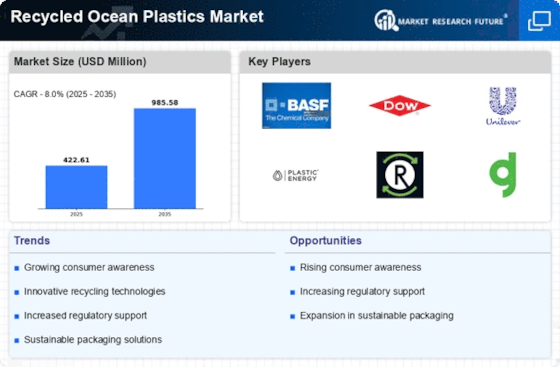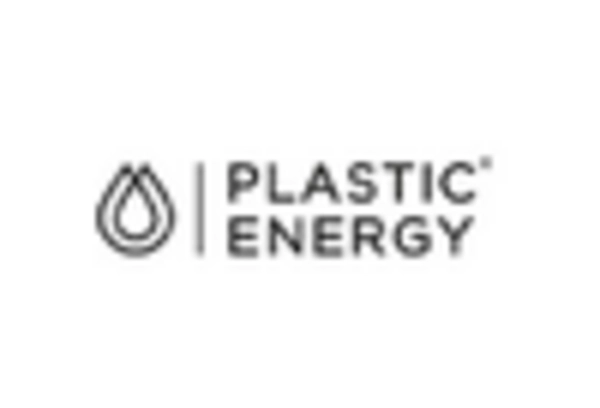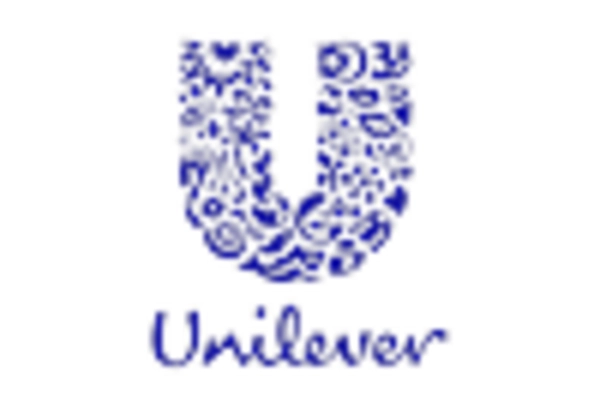Market Analysis
In-depth Analysis of Africa Recycled Ocean Plastics Market Industry Landscape
The Africa Recycled Ocean Plastics Market is marked by shifting dynamics that are driven by ecological sensitivity, governmental initiatives and goals of companies towards sustainability. The market trend is changing as a result of increased awareness on plastic pollution which has negative effects on marine environment. For example, African governments have introduced strict regulations to limit single-use plastics in their countries forcing industries to find alternatives to them. In the same vein, recycled ocean plastics offer a way forward not only in dealing with environmental concerns but also creating jobs.
One of the factors that drive market dynamics is growing demand for green packaging solutions. This has led to consumer change from cheaply produced and easily disposable products toward low-impact goods. As an outcome, there has been adoption of recycled ocean plastics as packaging materials in various sectors for instance food industry hence contributing to plastic waste reduction and promotion of circulatory economy. Transitioning towards sustainable development have been influenced significantly by recycle ocean plastics underpinning such processes in several African nations.
Recycled ocean plastics market dynamics within Africa are similarly impacted by corporate programs and collaborations with NGOs. A number of firms actively participate in recycling programs where they collect and recycle marine litter from oceans and beaches respectively. Such endeavors facilitate nature preservation while benefiting societies through employment creation within localities. Consequently, working together with NGOs enables businesses to multiply their impacts on curbing plastic pollution in African waters.
Another aspect driving market dynamics is the economic viability of recycled ocean plastics. With advancements in recycling technologies, it has become cost-effective to collect and process waste plastics from oceans leading many firms incorporating recycled oceanic plastics into their production lines resulting into numerous products made from sustainable materials. This potentiality has lured investment into this area promoting innovations and new techniques towards efficient processing of plastic.
Other challenges affecting the market dynamics include infrastructure development requirement as well as awareness campaigns being undertaken at different levels by governments, policy advocates including private organizations among other stakeholders across the continent. Such victories cannot occur without improving plastic waste collection and recycling infrastructure, as well as other logistical supports. Waste management systems, recycling plants and public awareness initiatives should be financed by governments and industry players to inform the local population on proper use of plastics. Consequently, the success of Africa Recycled Ocean Plastics Market depends on overcoming these hurdles.
Furthermore, market dynamics are influenced by global trends and international partnerships. It is a result of collaboration between African countries and global bodies that environmental problems go away faster when they come together to fight plastic pollution. Partnerships can lead to sharing of experiences, technologies or resources thus creating a holistic response towards marine litter challenges.



















Leave a Comment